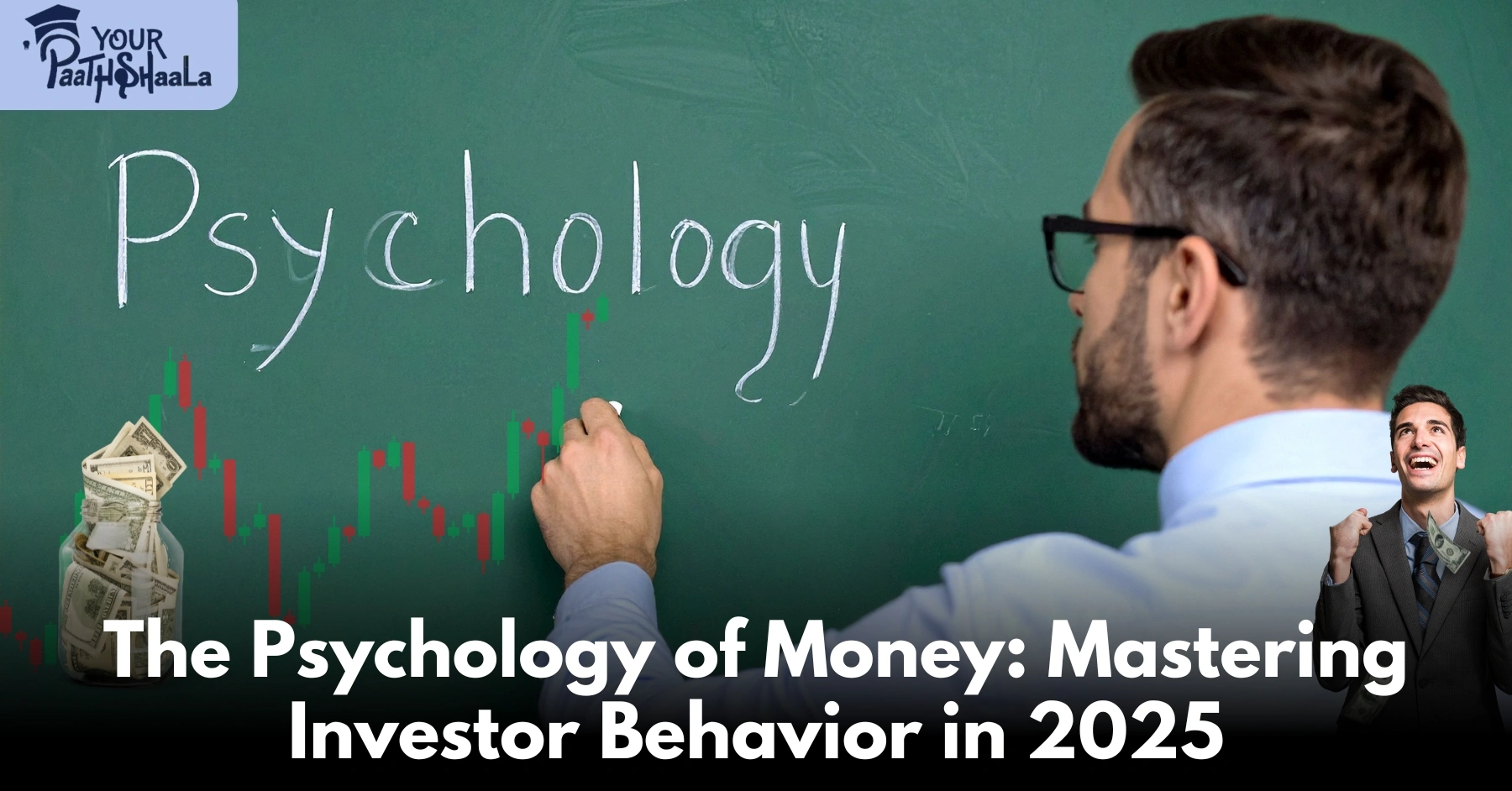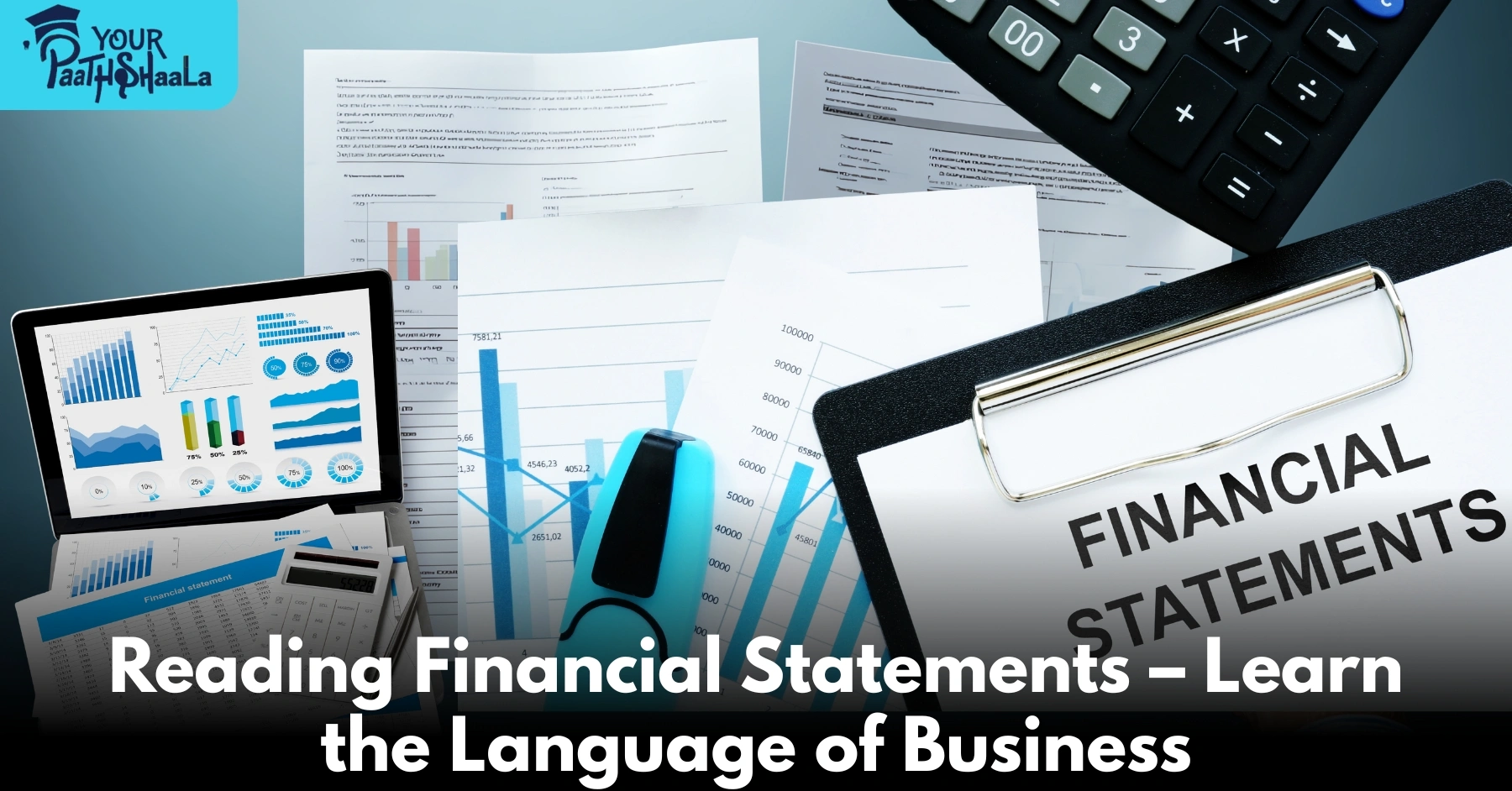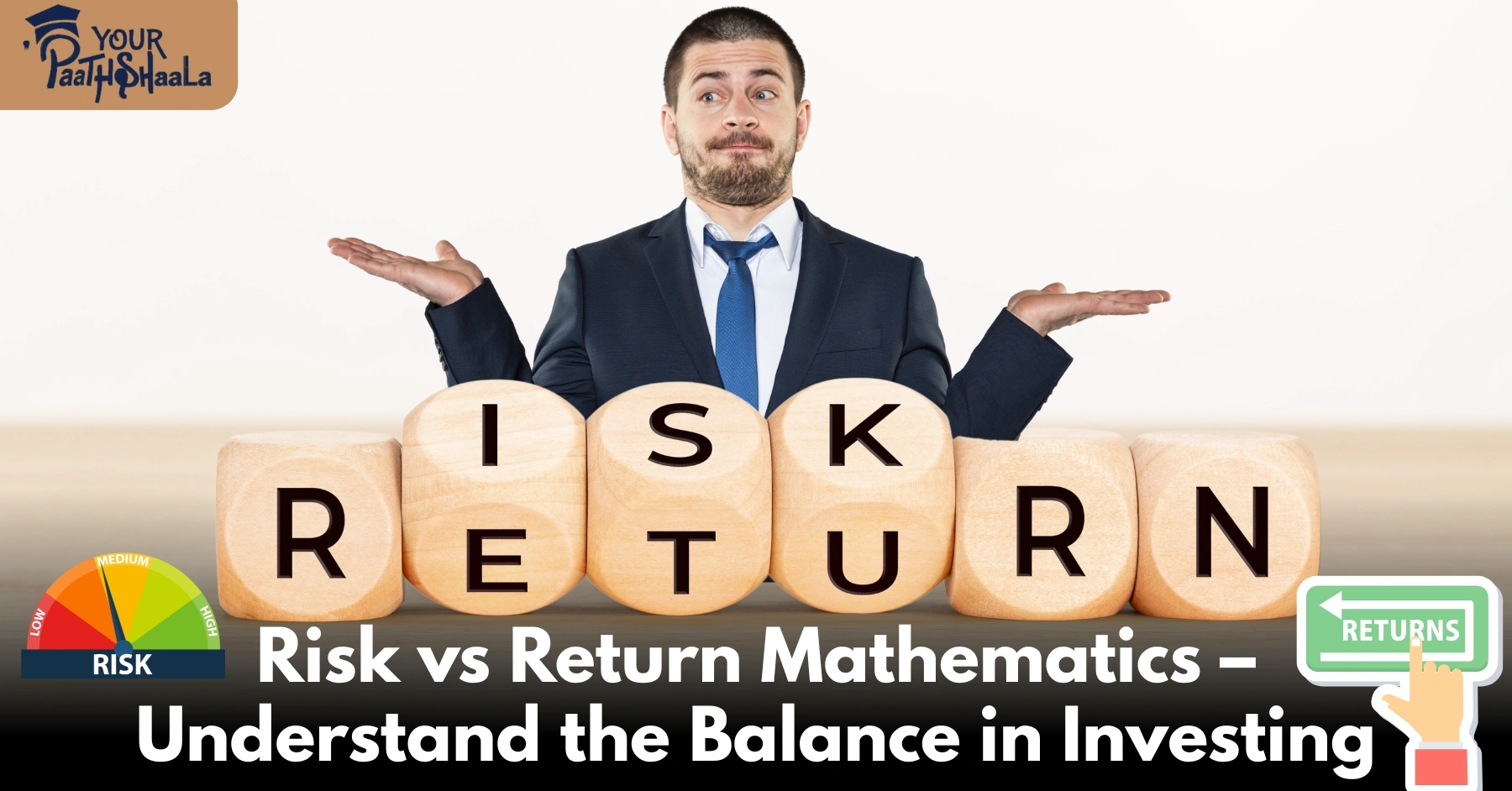The Psychology of Money: Mastering Investor Behavior in 2025
When we think about money and investing, most of us imagine spreadsheets, stock charts, and financial ratios. We assume that success comes from having more information, better models, or the latest market insights. But the reality is very different.
The biggest factor that determines whether someone builds wealth or loses it isn’t what they know—it’s how they behave. Emotions, biases, and human psychology influence financial decisions more than numbers ever will.
This is what makes the psychology of money one of the most powerful yet underrated aspects of investing. It explains why two people with the same resources and knowledge can end up with completely different outcomes—because their behavior toward risk, patience, and decision-making isn’t the same.
In this article, we’ll explore how fear, greed, and behavioral biases impact investments, why emotions are an investor’s greatest enemy, and how you can turn self-awareness into your biggest financial advantage.
Why Psychology Matters More Than Numbers
Money is not just a financial tool—it’s also deeply emotional. It connects to our security, identity, and even self-worth. That’s why financial decisions rarely remain purely logical.
Think about it:
Why do some people save obsessively, while others spend recklessly?
Why do investors panic-sell when markets crash, even though logic says “buy low”?
Why do people chase “hot stocks” even when they know it’s risky?
The answer is psychology. Knowledge without discipline leads to inconsistent decisions. And in investing, inconsistency is often more damaging than ignorance.
Fear and Greed: The Endless Cycle of Markets
Markets rise and fall, but human behavior repeats itself in predictable cycles. Fear and greed are the two emotional engines that power these cycles.
Greed pushes investors to chase rising stocks, convinced that the trend will never end. This leads to bubbles where prices rise far beyond their real value.
Fear makes those same investors sell in panic when prices fall, often at the exact moment when opportunities are greatest.
History shows this pattern again and again:
The dot-com bubble of the late 1990s.
The housing market crash of 2008.
Even the COVID-19 crash in 2020, where markets plunged sharply and then recovered faster than most expected.
In every case, fear and greed led people to act against their own long-term interests. Those who recognized the psychology at play—and stayed disciplined—were the ones who came out stronger.
The Hidden Biases That Shape Your Money Decisions
Even when we think we’re being rational, our brains play tricks on us. Psychologists call these behavioral biases. In finance, they have enormous impact.
Here are some of the most common ones:
1. Loss Aversion
We feel the pain of losing money twice as strongly as the joy of gaining it. This makes us hold on to losing investments too long (hoping they’ll recover) and sell winners too early.
2. Confirmation Bias
We tend to seek information that confirms what we already believe and ignore anything that challenges us. This traps investors in echo chambers and blinds them to risks.
3. Mental Accounting
We treat money differently depending on its source. For example, people spend lottery winnings more recklessly than their monthly salary, even though money has the same value.
4. Overconfidence
Many investors overestimate their ability to predict markets. This bias often leads to risky trades and poor diversification.
5. Herd Mentality
When everyone else is buying a stock, we feel pressured to join in—even if the fundamentals don’t justify it. The same applies when everyone is selling.
These biases might feel small in daily life, but in investing, they can make the difference between building wealth and losing it.
Why Emotions Are Your Biggest Enemy in Investing
Let’s face it—markets are unpredictable. No matter how much research you do, there will always be uncertainty. And uncertainty fuels emotions.
When markets rise, excitement tempts you to over-invest.
When markets fall, fear pressures you to sell at the wrong time.
When nothing happens, boredom can lead to unnecessary trades.
The key lesson is simple: the market punishes emotions more than it punishes ignorance.
Successful investors aren’t those who know everything—they’re those who can control their impulses and stick to their strategies even when emotions run high.
How to Master the Psychology of Money
Now that we know the traps, how do we overcome them? Here are some practical strategies:
1. Create a Long-Term Plan
Having a written investment strategy reduces the urge to make impulsive decisions. When you know your goals, time horizon, and risk tolerance, it’s easier to stay focused.
2. Automate Decisions
Automated investments (like SIPs or robo-advisors) remove emotion from the process. By setting fixed rules, you prevent yourself from overreacting to short-term noise.
3. Use Emotional Hedging
This involves creating safeguards that protect you from your own behavior. For example:
Diversifying across asset classes.
Keeping an emergency fund so you don’t panic-sell during downturns.
4. Track Your Biases
Keep a journal of your investment decisions and review them later. This helps you spot patterns in your behavior and learn from mistakes.
5. Learn to Pause
When faced with a big decision, step away for a few hours (or even days). Time often weakens emotional impulses and allows rational thinking to return.
Stories That Prove Psychology Matters
To make this clearer, let’s look at a few real-world cases:
Warren Buffett, one of the world’s greatest investors, often says his success comes from temperament, not intelligence. He avoids emotional decisions and focuses on long-term value.
During the 2008 financial crisis, many investors sold everything in panic. Those who stayed invested, however, saw massive gains during the recovery.
In the GameStop frenzy of 2021, herd mentality and greed pushed prices to unrealistic levels. Many latecomers lost money when reality caught up.
These examples highlight one thing: discipline beats emotion every single time.
Why Most People Fail at Investing
If the principles of investing are simple—buy quality, diversify, stay long-term—why do so many people fail?
Because they can’t control their psychology.
They panic when markets crash.
They chase trends during bubbles.
They let biases cloud their judgment.
This is why understanding the psychology of money is not optional—it’s essential. Without it, even the best strategies will eventually fail.
How Behavioral Awareness Becomes a Competitive Edge
Here’s the good news: once you understand your own biases and emotions, you gain a powerful edge over most investors.
When others panic, you stay calm.
When others get greedy, you stay disciplined.
When markets get noisy, you focus on the bigger picture.
This ability to act rationally when everyone else is emotional is what separates successful investors from the rest.
Learning with YourPaathshaala
At YourPaathshaala, we specialize in making these concepts easy to understand and apply. You don’t need a finance degree to master investing—you just need clarity and guidance.
Through our programs, you’ll learn:
How to recognize and overcome your personal biases.
How to build psychology-aware investment strategies.
How to use both knowledge and behavior to make better financial decisions.
Our free demo classes give you the chance to ask questions, clear doubts, and see how mastering psychology can completely change the way you approach money.
Final Thoughts
The psychology of money is not about complicated formulas—it’s about understanding yourself. Markets will always be uncertain, but your behavior doesn’t have to be.
If you can master your emotions, avoid common biases, and stay disciplined in your decisions, you will have a huge advantage—not just in investing, but in every financial choice you make.
Remember: investing success is 80% behavior and 20% knowledge. Master the behavior, and the results will follow.
Visit YourPaathshaala
Near Anjali Children Hospital, Tagore Nagar, Mathpurena, Raipur
PIN Code: 492001, Chhattisgarh Click the Call Now to start learning how financial systems really work! To check out the full article click here!














Add a Comment